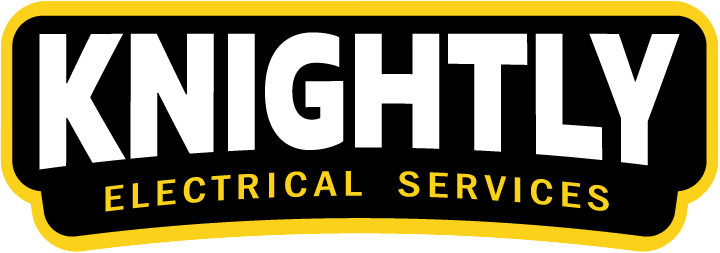top of page
Rolling Generators

Often built on a wheeled base and small enough to move around easily
You’ll have to move it, plug it in, and start the engine when you lose power
Lower output than standby units
Typically capable of powering home appliances with low to moderate power needs
Can often support one power-hungry appliance (such as a furnace or water heater) at a time
More affordable than standby generators
Costs less to have installed than standby generators
Can be connected to your home’s electric panel via a transfer switch
Often feature outlets for extension cords
Noisier than standby generators
Require large amounts of fuel during extended outages
Should be periodically started between uses
Usually run on gasoline, diesel, or propane
bottom of page

